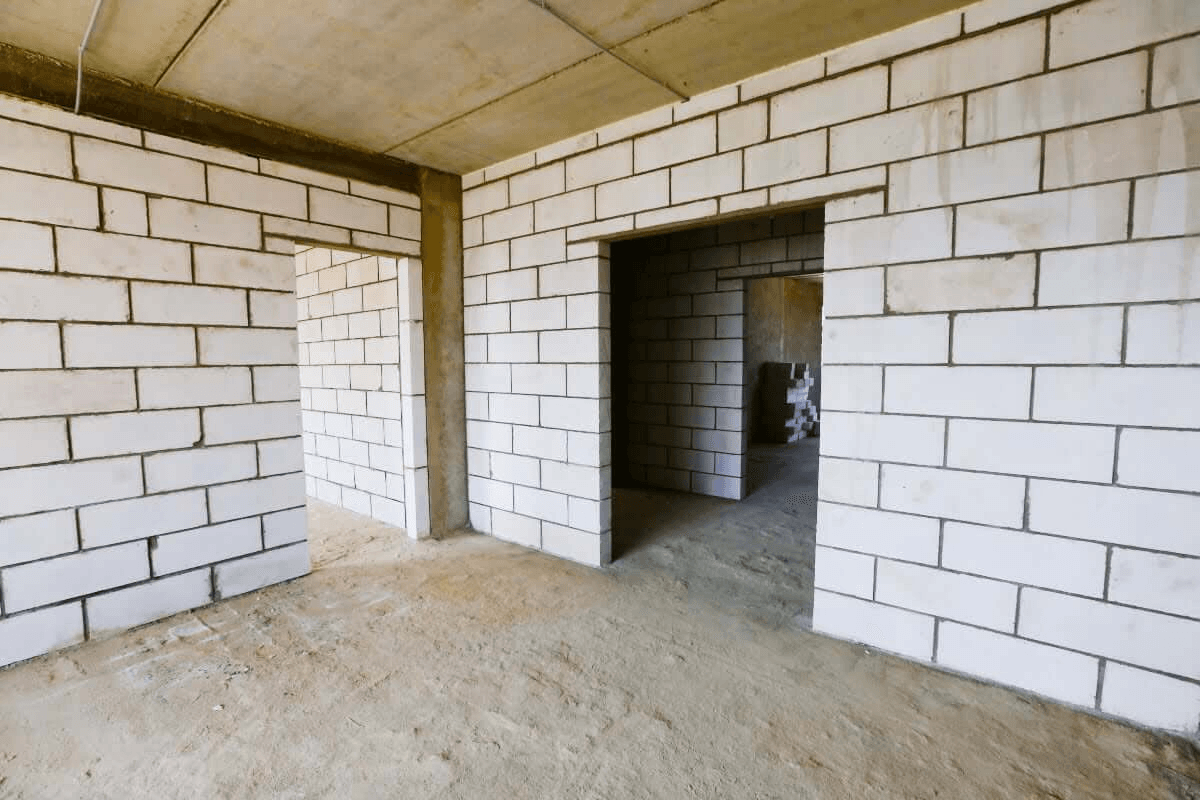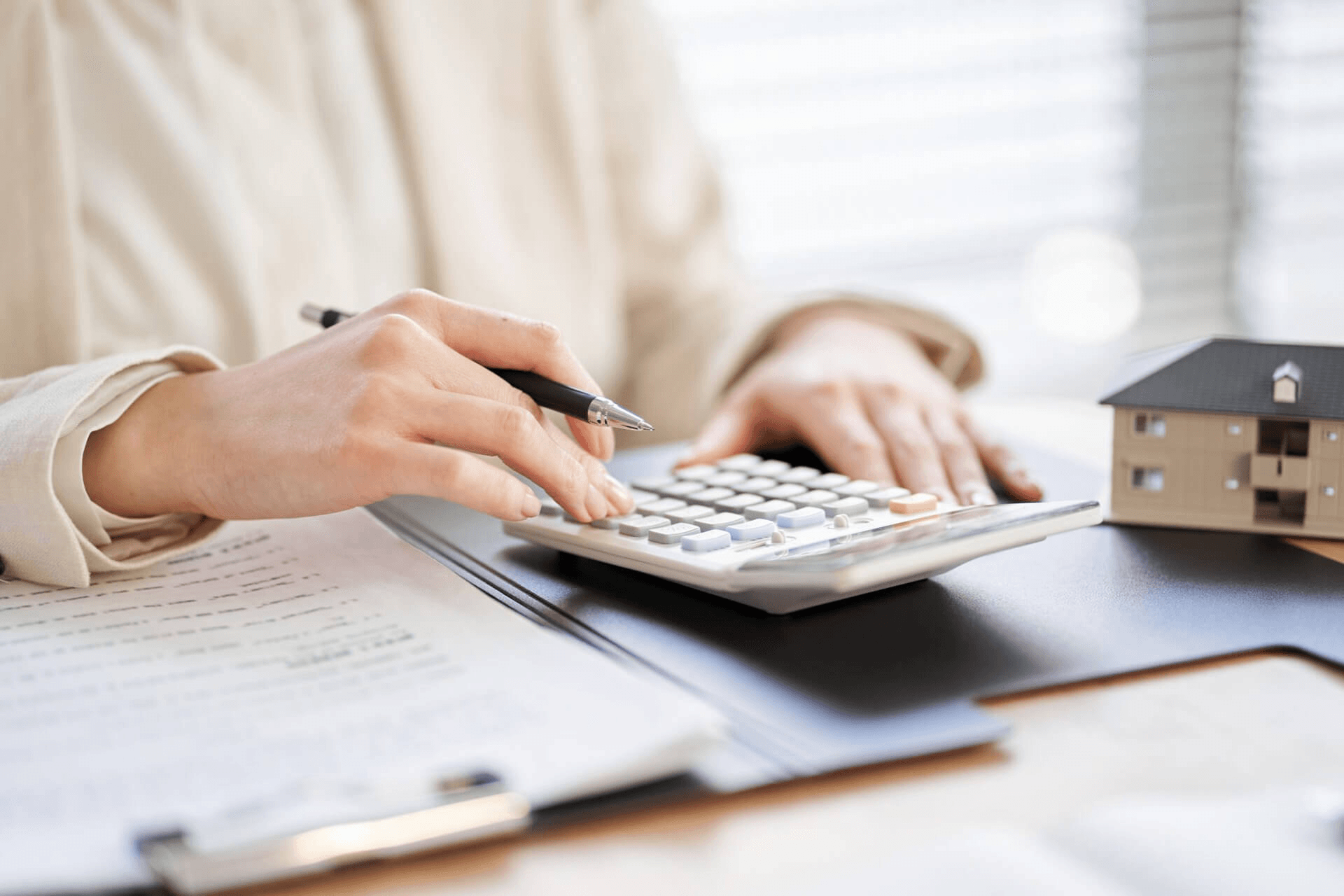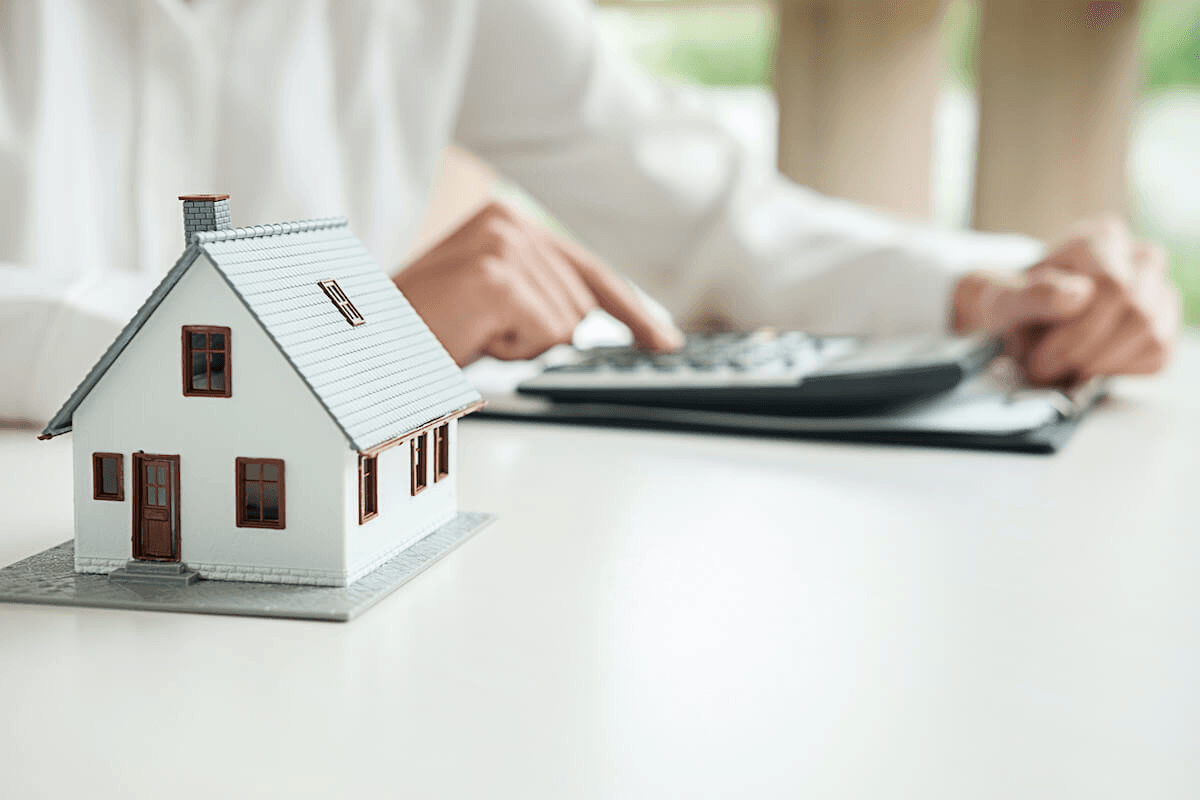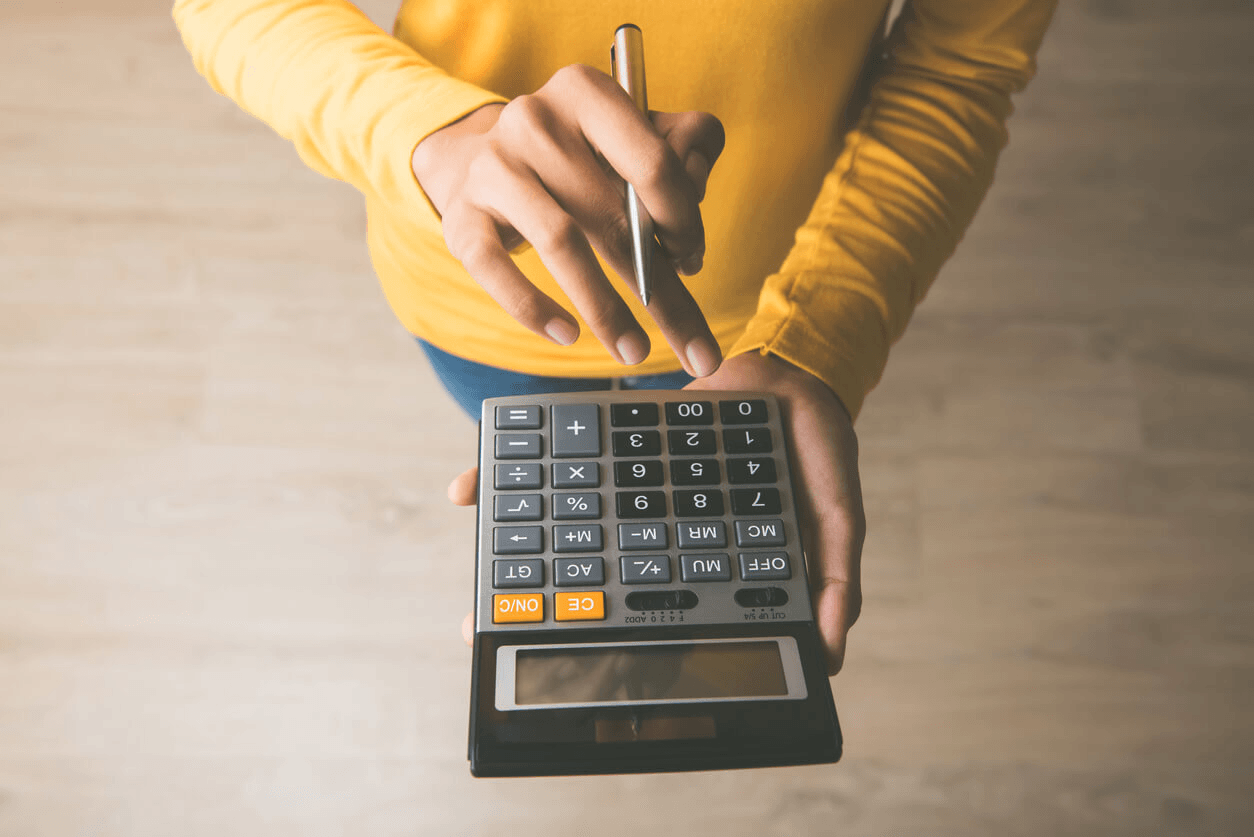Apartment remodeling: what you need to know and how to legalize it


The original layout of an apartment does not always suit the owners. In this case, many people decide to make a redevelopment of housing. About what redevelopment is, when it should be legalized, how to do it correctly, what documents are needed for this and much more, we will consider in this article.
What falls under the term remodeling?
Apartment remodeling is changes made inside a property after it has been put into operation. Such repair and construction works can be small or quite serious, for example, demolition of a pantry in the corridor, combining a bathroom, expanding a kitchen or living room at the expense of a loggia, combining a kitchen and a living room.
Each property must have its own technical passport. If changes are made to the living space that do not correspond to the technical passport, they are considered redevelopment. It is important that load-bearing structures and engineering systems are not affected, and that the dimensions of an already built apartment are not expanded. If load-bearing walls are affected, it is no longer considered redevelopment, but reconstruction.
The term "redevelopment" includes such works as moving and dismantling internal partitions, moving and arranging doorways, remodeling and arranging vestibules, and adding a balcony on the first floor.
What kind of remodeling does not need to be legalized?
Some types of repair and construction work in an apartment can be carried out without a permit. You do not need to apply for a permit for these types of work:
increasing the living or non-residential area by removing partitions without affecting capital bearing walls and structures, beams and supports (the area is expanded due to the space of the hallway or auxiliary room);
combining the bathroom if there is a non-bearing wall between the bathroom and toilet and no ventilation duct;
Combining the kitchen and living room in a house without gas;
arrangement or elimination of windows and door openings in internal partitions, not in capital walls;
combining the kitchen or living room with the loggia without dismantling the window sill and changes in the heating system;
construction of partition walls in residential and non-residential premises;
arrangement or demolition of a pantry, closet, mezzanine;
dismantling of fireplace, stove, furnace without blocking the ventilation shafts;
changes in the size of the room due to finishing or insulation of the walls;
relocation of utility equipment or plumbing within the room;
glazing of a balcony or loggia (does not apply to monuments of architecture).
It is best to consult a lawyer to make sure that the planned work does not require a permit. Otherwise, you may unknowingly carry out alterations that cannot be legalized later.
What can and cannot be done when remodeling an apartment?
The list of things that can be done when redeveloping a property is quite long, but only if there is a permit. So, if you have the appropriate documents, you can move or modernize gas equipment, carry out work with load-bearing structures, go beyond the established boundaries of the room, divide one living space into two and more.
There is also a list of things you can't do when remodeling your home:
to expand the area of the bathroom at the expense of the living room area;
to dismantle external load-bearing walls and window sills in order to combine the room with a balcony or loggia;
move radiators to a loggia or glazed balcony;
compromise the integrity of floor slabs and ventilation ducts;
remove the soundproofing from the floor;
additions and extensions to the balcony (not on the first floor);
to build a basement in the apartment on the lower level;
to add attic space to the living space.
A full list of prohibited repair and construction work can also be obtained from a lawyer.
What is the right way to redesign an apartment?
If you want to redesign an apartment, it is best to make all changes to the living space in accordance with the law. This will help to avoid fines and wasted money, as there have already been situations when it was not possible to legalize the changes and the owner was obliged to return the premises to the initial state.
Consider a step-by-step instruction on how to make a redevelopment of an apartment:
Create a home remodeling project.
Submit a declaration to the GIAG (State Inspectorate of Architecture and Urban Planning). The apartment owner must submit a redevelopment project, after which they are issued a permit to start construction work.
Carry out the planned remodeling according to the project.
Make a technical passport.
Contact the CPAU (CNAP) and apply for completion of the repair and construction work.
Obtain a determination of project compliance from the permitting authority.
To apply with the technical passport and the issued conclusion to a notary or state registrar for entering data into the State Register of Real Property Rights to Immovable Property. This is confirmed by an extract from the register.
As a result, the owner has all the documents in hand, which confirm that he legally carried out the redevelopment of the apartment and it does not pose a threat to the house and the residents.
Can I sell an apartment with unauthorized remodeling?
If you own an apartment with unauthorized alterations, you may be able to sell it, but most likely the value of the property will have to be reduced. There will be fewer people willing to buy such an apartment than in the case of legalized changes. To attract buyers will have to offer a favorable price for them. With the money saved on the purchase, the next homeowner will be able to cover the upcoming costs of legalizing the redevelopment.
Lawyers claim that it is possible to sell an object with an old technical passport, despite the redevelopment carried out without documents. In such a situation, the obligation to put the documents in order falls on the shoulders of the new owner, which he is aware of and agrees to when buying.
How is it that there is no problem to sell the living space with unauthorized redevelopment? Everything is explained quite simply. At the conclusion of the transaction, the notary does not know about the redevelopment, as he does not check the real layout of the apartment with the technical passport. At the same time in the contract of sale there is a clause that the buyer inspected the housing and there is no redevelopment. In fact, the property is sold "without redevelopment".
When the purchase has already been formalized, it is considered that it is the new owner who has changed the layout of the dwelling, i.e. all obligations to legalize it are his responsibility. This scheme of sale is quite common in Ukraine, the main thing is that the buyer really assessed the risks and correctly calculated the upcoming costs.
What are the dangers of buying an apartment with unauthorized redevelopment?
To buy or not to buy an apartment with unauthorized redevelopment should be considered individually. To formalize such a deal is real, but the change of living space can be different and not always the work done can be legalized. If the buyer chose and bought an object in which the load-bearing structures were violated or combined the kitchen with the living room in a house with gas supply, he may be obliged to restore all changes at his own expense and additionally pay a fine for illegal actions.
If the apartment has been extensively remodeled without permission, the new owner may be sued by the neighbors. The outcome is likely to be the same - a fine and a requirement to return everything to its original state. In addition to the headache with documents, the change of living space with the violation of load-bearing walls threatens and physical danger. At any moment, the structure may collapse because its integrity has been compromised.
If the redevelopment has not been legalized, because the seller simply did not want to do it, but the repair and construction works are included in the list of authorized, there is no danger to the buyer. The only nuance is additional costs. The legalization of redevelopment costs money: how much we are talking about depends on the specific situation.
How to legalize the redevelopment of an apartment, if it has already been done?
If repair and construction work has been carried out in an apartment, as a result of which the layout of the dwelling has changed, and there is no violation of load-bearing structures, then it is possible to legalize such redevelopment according to a simplified procedure. To do this, it is necessary to produce a new technical passport in the BTI, so that it shows the real layout of the living space. After that, the owner applies to the registrar for making changes to the State Register and receives an extract that confirms the legality of the redevelopment.
The simplified scheme does not apply to situations where substantial changes have been made to an apartment. If the redevelopment does not fall within the list of simple repair and construction works, it is best to consult an experienced lawyer for advice.
If a change in the layout of the dwelling was carried out according to the approved project and there is a permit, but the object is refused to be put into operation, you need to find out what the problem is. Perhaps some changes need to be made - and the owner will be able to get the documents.
If a serious redevelopment was carried out without documents, there is an option to legalize it through the court. But in such a case it is important to be sure of your rightness, otherwise the court may order you to return everything to its original form.
What documents do I need to formalize the redevelopment of an apartment?
To legalize redevelopment under the simplified scheme, you need to provide the following documents:
passport and identification code of the homeowner (if there are co-owners, their documents too);
old technical passport (if any);
title deeds.
In order to obtain a permit to carry out redevelopment, it is necessary to submit not only the above-mentioned documents, but also an application for authorization of works and a declaration on the beginning of redevelopment, a redevelopment project in two copies. In some situations, other documents may be required. For example, if the dwelling is located in a house with the status of an architectural monument, it will be necessary to obtain permission from the local authorities.
Official confirmation of the legality of the carried out redevelopment are considered such documents: a new technical passport and an extract from the register of rights to immovable property.
How much does it cost to legalize remodeling?
How much you have to spend on documents to legalize redevelopment depends on the type of repair and construction work and the apartment itself. There are objects, for example, with the status of an architectural monument, which it is better not to change at all, as the redevelopment of such real estate will be really expensive.
When it comes to redevelopment in a new building, it may be free of charge, depending on the developer. Some companies offer buyers the opportunity to make changes to the layout of the apartment before the building is commissioned. In this case, the buyer pays only for the material used. There is no need to pay for legalization, as all changes are made before the first technical passport is produced.
So how much does it cost to legalize redevelopment in a built and commissioned house? The exact amount can be called only after assessing the specific situation. Approximate amount of expenses - from 50 to 2000 dollars. The cost can be higher, the more complex the work, for example, if we are talking about an extension to the first floor of the house. The final cost is influenced by many factors, including the method of legalization of redevelopment.
If you need a consultation with an experienced lawyer, if you want to sell an apartment with unauthorized redevelopment or if you have a similar real estate option for purchase, you can turn for advice to the specialists of the real estate agency "Mayak". The team includes not only professional realtors, but also lawyers and a notary.



